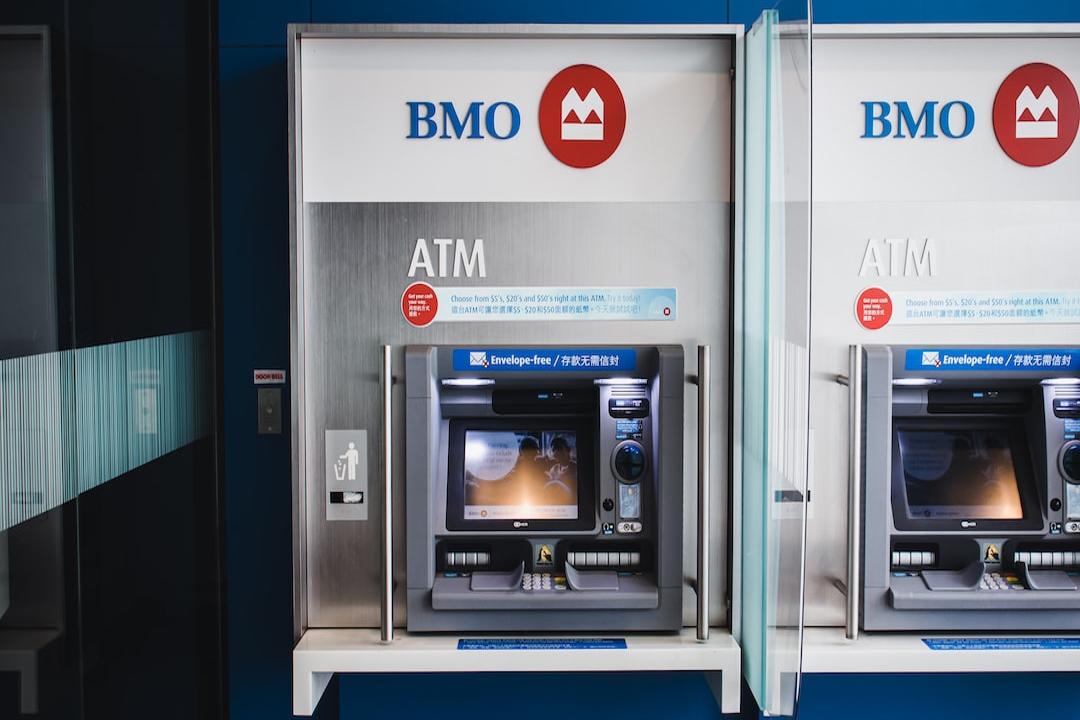Controversy Surrounds EigenLayer’s Airdrop as Qualifications Spark Debate
The highly anticipated airdrop conducted by Ethereum restaking protocol EigenLayer has sparked controversy due to its restrictive qualifications for claiming rewards. This has led to founders and users from various corners of the crypto ecosystem voicing their opinions on the matter.
Leandro Schlottchauer, co-founder and CEO of smart contract developer Kuyen Labs, expressed his opinion on the situation, stating, “The era of life-changing airdrops is likely behind us. It should be clear by now that no airdrop or similar incentive can satisfy all community members.” He further added that no project can meet the expectations of every participant.
Mohak Agarwal, CEO and founder of liquid-staking protocol Claystack, also weighed in on the controversy. Agarwal criticized EigenLayer’s decision to announce the airdrop as a surprise, stating that this approach is not sustainable in the long run. He mentioned that such a strategy may generate initial excitement but often leads to disappointment later on. Agarwal also noted that projects tend to offer additional tokens to appease disappointed users, which is not a viable solution in the long term.
EigenLayer, the second-largest DeFi protocol with $15.67 billion in total value locked (TVL), revealed its airdrop plans through a surprise blog post on April 29. The announcement stated that only 5% of the initial token supply would be allocated to early users who participated in Season One, with the remaining allocation distributed in subsequent “seasons.” Additionally, users from 30 countries, including the United States, Canada, China, and Russia, would not be eligible to claim EIGEN tokens.
The announcement faced immediate backlash from the community. One user on social media platform X criticized the protocol’s decision to exclude certain countries, stating, “Accepting stake from those countries and not rewarding them isn’t right. They took a very real risk for nothing.” In response to community feedback, EigenLayer developers announced in a follow-up post on May 3 that they would airdrop an additional 28 million EIGEN tokens to 280,000 wallets.
Despite the growing development activities in the crypto ecosystem, recent airdrops have struggled to maintain their initial momentum. For example, Wormhole, a cross-chain messaging platform, transferred $800 million worth of its W tokens to select users in an airdrop, resulting in a post-airdrop valuation of $22 billion measured in fully diluted market capitalization. However, since then, the token has lost over 50% of its value. Similarly, STRK, the native token of Ethereum layer-2 scaling solution Starknet, has also experienced a decline in value since its February airdrop.
Airdrops have frequently been targeted by farm accounts and Sybil accounts, leading to the allocation of tokens to unqualified accounts instead of genuine ecosystem users. This practice has damaged the reputation of projects, inflated token supplies, and potentially caused price manipulation.
In conclusion, EigenLayer’s airdrop qualifications have sparked a heated debate within the crypto community. While some view the restrictions as unfair, others argue that the additional tokens offered by the project are generous. As the crypto ecosystem continues to evolve, it remains to be seen how airdrops will adapt to address the concerns raised by users and industry experts.

